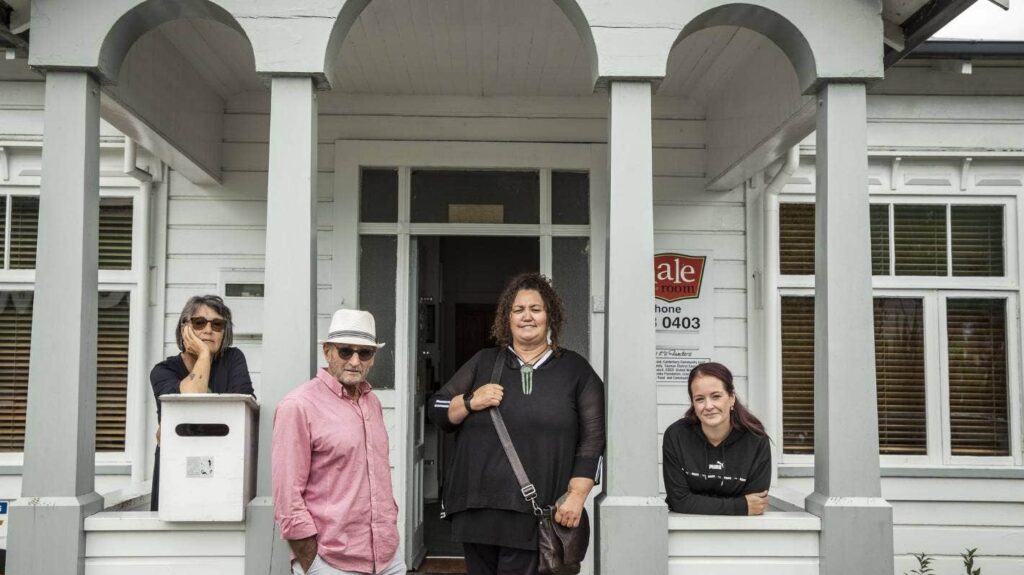Survivors of abuse in care celebrate ‘validating’ name change
For the men who survived “evil” sexual and physical abuse in a Catholic boys’ home in Christchurch, last week was the first time authority figures gave them a reason to…
The sexual harm helpline can be accessed free, 24 hours a day, 7 days a week by phone, text, website, online chat and email.
On Christmas Day last year, men’s welfare worker Philip Chapman decided he had had enough dealing with police safety orders.

The director of Nelson’s Male Room had spent six years sorting out a place to live and counselling for men who had been told to leave the family household because of incidents of family violence.
“After six years of working weekends, I decided I was done,” Chapman said.
When Nelson Women’s Refuge manager Diane Strong (Ngāti Tama, Te Ātiawa) caught wind of this, she immediately “just picked up my handbag, and walked over to the Male Room”, and offered Chapman around $15,000 in funding for a year’s contract.
Chapman said police safety orders were the “perfect opportunity” for some early intervention.
He said the Women’s Refuge funds were not just dealing with the orders but also provided a room at Franklyn Village as well.
“It really should be coming out of the government coffers for early intervention into family violence. The justice system should be paying for it but they’re not.”
It might seem strange for a women’s organisation to be funding help for men, but Strong explained that both organisations worked collaboratively, and they had to “look after the men as much as we look after the women”.
“Because if we don’t have a happy healthy dad, [of] which we have very few, then we don’t have happy children, [or] happy families.
“We see a huge increase in breaches of police safety orders if the men don’t have somewhere to go to.”
The Male Room offers counselling but also accommodation, toiletries, and food and drink for some of these men, who have been told to leave the family household for one to 10 days, according to PSO conditions, and might not have anywhere to go.
“They get free accommodation at Franklyn Village, and they also get support for things that they need. They get instant follow up, whereas if they go to places like anger management, there might be a waiting list,” Strong said.
The Male Room gets to them the next working day, so you’re getting males not festering, not sitting there going ‘She did this and she did that, what are my kids doing?’ Most of them worry and love their kids as much as anybody else.”
Strong said it was a “critical, vital part” of the mitigation and de-escalation of family violence, yet it was just not funded.
She said she approached a government agency asking them to consider splitting the cost, but they “just weren’t interested” in finding an equitable solution.
It was non-government organisations in the community that knew where and when the gaps occurred and dealt with them, she said.
Supporting the Male Room was an “innovative way” of breaking the cycle of violence.
“If kids are seeing dad breach police safety orders, then dad gets arrested, it might just be the straw that breaks the camel’s back for that dad.
“Then he ends up losing his job, not being able to pay his car back, or his fines back, it can be just that tipping point into absolute disaster, and that disaster becomes sustained intergenerationally. We see it all the time.”
Strong said they were seeing a lot of youth, aged 18 or 19 or even younger, involved in incidents of family violence.
“If The Male Room can get them and go ‘What the hell are you doing? This is not what you do, this is where you are going to end up’,it might be the thing that changes something for them, before they have babies.’